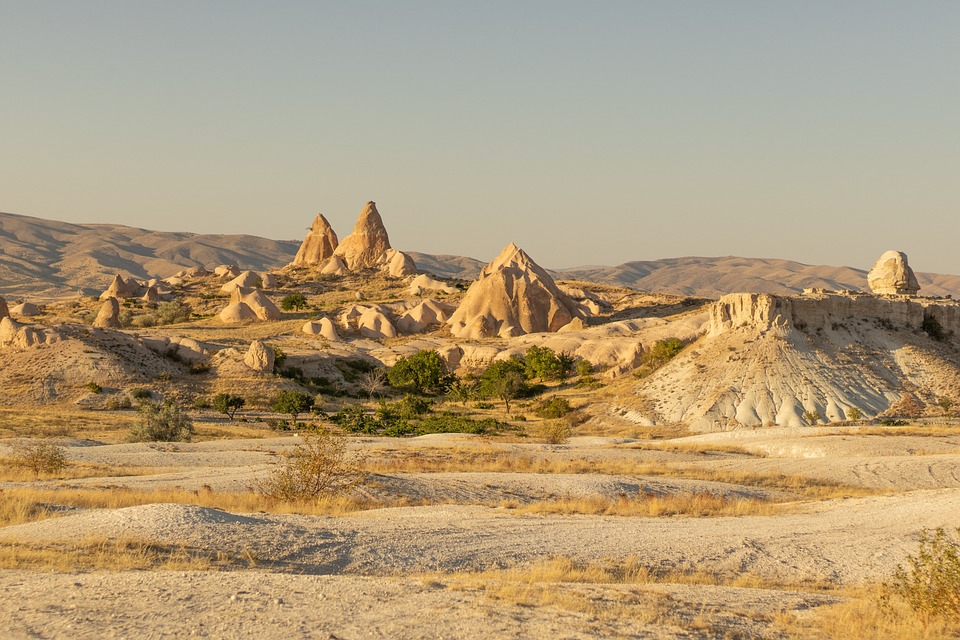Traveling can be an exciting and enriching experience, but it also comes with its own set of risks. Whether you’re heading off on a weekend getaway or embarking on a months-long adventure, it’s important to prioritize your health and safety while on the road.
Here are some key health and safety tips that every traveler should keep in mind:
1. Stay informed: Before you embark on your journey, take the time to research your destination. Familiarize yourself with any potential health risks in the area, such as infectious diseases or political unrest. Check the latest travel advisories from your government and keep up-to-date on any developments that may impact your trip.
2. Pack a travel health kit: Make sure to pack a basic first aid kit with essentials such as bandages, pain relievers, antiseptic wipes, and any prescription medications you may need. It’s also a good idea to include items like insect repellent, sunscreen, and hand sanitizer to protect yourself from common travel-related health risks.
3. Practice safe eating and drinking habits: One of the most common ways travelers get sick is through contaminated food and water. To reduce your risk of food poisoning and other gastrointestinal issues, stick to bottled water and avoid consuming raw or undercooked foods. Be cautious when eating street food and make sure to wash your hands frequently.
4. Protect yourself from the sun: Spending time outdoors can be a major part of travel, but it’s important to protect your skin from the sun’s harmful rays. Use sunscreen with a high SPF, wear sunglasses and a wide-brimmed hat, and seek shade during the hottest part of the day.
5. Stay active: Traveling often involves long hours of sitting on planes, trains, or buses, which can take a toll on your physical health. Make an effort to stay active while on the road by taking regular walks, going for a swim, or participating in local activities like hiking or cycling.
6. Be vigilant about your personal safety: Traveling to unfamiliar places can make you vulnerable to theft, scams, and other safety hazards. Take precautions to protect yourself and your belongings, such as keeping your valuables secure, avoiding risky areas, and trusting your instincts if something seems off.
7. Get travel insurance: No matter how careful you are, accidents can happen while traveling. Make sure you have travel insurance that covers medical emergencies, trip cancellations, and lost or stolen belongings. It’s a small investment that can provide peace of mind during your travels.
By following these health and safety tips, you can minimize your risks and make the most of your travel experience. Remember to be proactive about your health and safety, stay informed, and trust your instincts while exploring new destinations. Safe travels!

